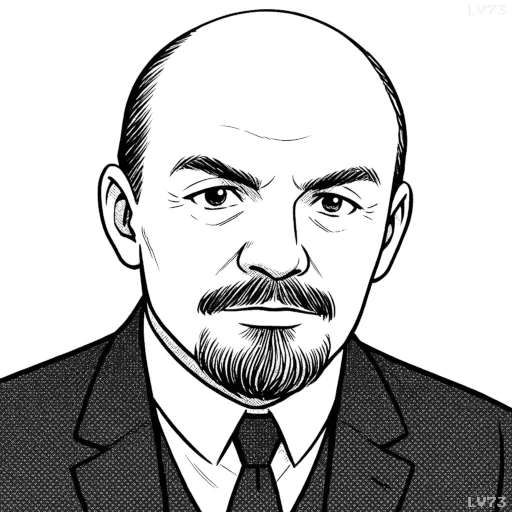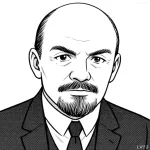“The oppressed are allowed once every few years to decide which particular representatives of the oppressing class are to represent and repress them in parliament.”

- April 22, 1870 – January 21, 1924
- Born in the Russian Empire
- Revolutionary, political theorist, lawyer, state leader
table of contents
Quote
“The oppressed are allowed once every few years to decide which particular representatives of the oppressing class are to represent and repress them in parliament.”
Explanation
In this quote, Lenin critiques the illusion of democracy in capitalist societies. He argues that elections in such systems do not provide real power to the oppressed, but instead, allow them to choose between different factions of the ruling class. Lenin suggests that, in capitalist systems, elections are a facade of democracy, where the people are allowed to choose their oppressors from among those who represent the interests of the ruling class. Rather than providing a genuine opportunity for the working class to shape society, elections simply legitimize the power of the capitalist class, allowing them to maintain their dominance while giving the appearance of participation and choice.
Historically, this view was part of Lenin’s broader critique of parliamentary democracy. He saw the parliamentary system as a tool of the bourgeoisie, designed to manage dissent and ensure the continuation of capitalist rule. In his view, the state, including parliamentary institutions, served the interests of capital, and the working class could only truly achieve power through revolutionary means, not through participation in the existing system. Lenin’s Bolshevik movement was fundamentally opposed to working within the existing parliamentary system, believing that only a radical overthrow of the capitalist state could bring about genuine change.
In modern terms, this quote speaks to criticisms of contemporary democratic systems, particularly in contexts where elections seem to offer little real choice between parties that ultimately serve the same economic interests. Critics argue that political power is often concentrated in the hands of a few elite groups, and that elections, while important, may not lead to meaningful change if the underlying economic and political structures remain intact. This critique raises important questions about the limits of formal democracy and whether it is sufficient to address systemic inequality and oppression, or if deeper structural changes are needed for true political empowerment.
Would you like to share your impressions or related stories about this quote in the comments section?

